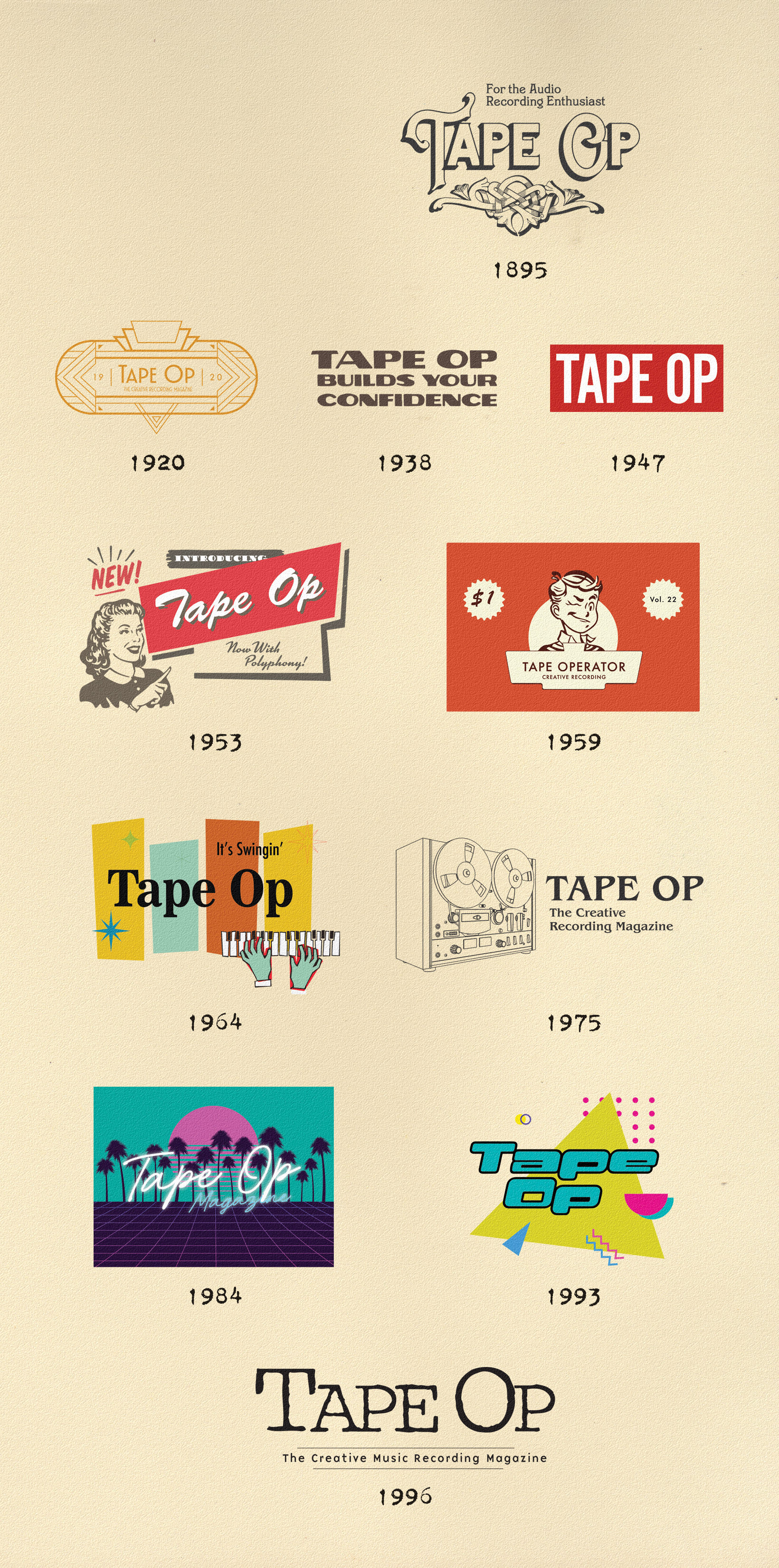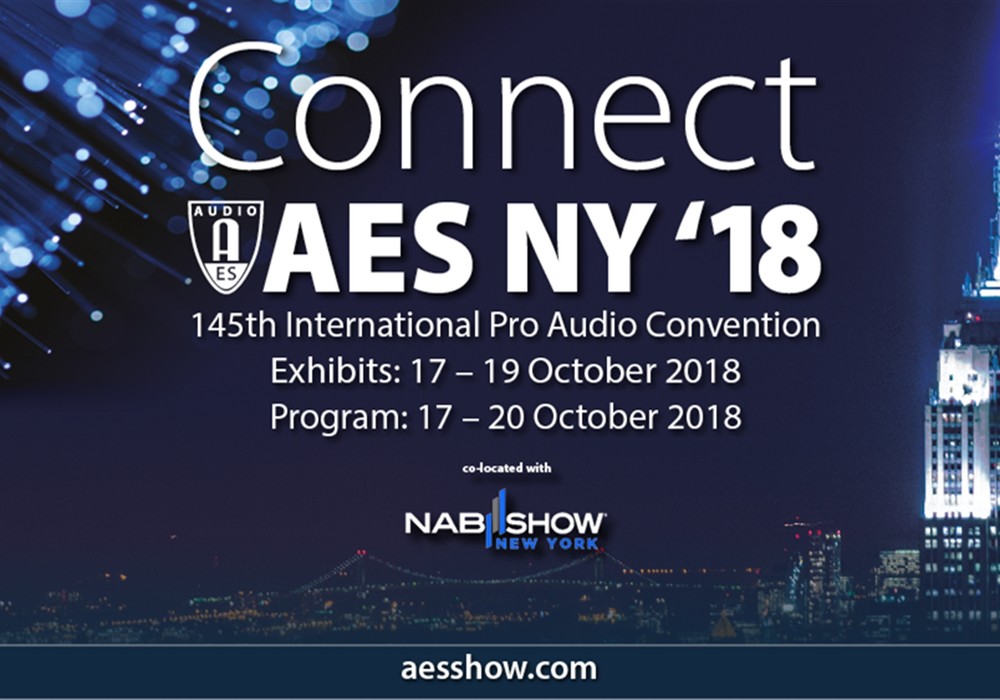Tape Op contributor Allen Farmelo sent us this thoughtful piece on why the mag doesn't feature many "negative" reviews. Makes sense to me. I imagine anyone out there wanting us to write reviews ripping apart gear all the time still might come up with some crazed conspiracy theory about how advertisers tell us what to print, but Allen's thoughts pretty much echo my own. And remember, if something totally blows ass we tend to ignore it, not use it and eventually people stop buying it. -Larry Crane
Why Smart Engineers Write Positive Gear Reviews
I've been thinking back to the discussion here in Tape Op questioning the credibility of gear reviews because they tend to be positive. That question stuck with me, and I've been wondering how it is that no single piece of gear is just a total flop and why it is that no one has just unloaded a complete thumbs-down on a piece of gear. I can assure you there is no editorial mandate for positive reviews coming from Tape Op's editor, and I've actually never been told much more than to get my facts straight and to learn how to spell. Yet I and the other gear reviewers still tend to write positive reviews. If there's no editorial mandate, then how does that happen?
As I thought it over, an admittedly self-aggrandizing idea struck me: I'm a smart person and an experienced engineer who can usually figure out how to get a piece of gear to do something that sounds good when recording or mixing. If I can't get something good to happen, I know to put it aside and wait for a more appropriate application. All Tape Op reviewers are smart, experienced professionals who are less likely than most to get bad results from any piece of equipment. It seems so obvious, but I only recently realized how much a high level of engineering skill is going to bring out the best in equipment, and that this fact may underlie the larger trend in gear reviews to generally be positive.
Because Tape Op reviewers tend to be professional producers and engineers, not only will we use tools in ways that draw out their best applications, we will also be able to more narrowly hone in on very specific nuances of use. For example, a dynamic microphone might exhibit a really smooth high-end, making it a great candidate as a hi-hat mic or for a sibilant singer. A smart and experienced engineer will hear that quality in the mic and intuitively come up with some applications where it performs really well, thus eliminating even more chances of a negative review.
We will also tell you when something didn't perform all that well. These seemingly negative statements make for more accurate reviews, but they also are just reflections of what should be a basic assumption: every piece of equipment is better at some things than others. So, these statements about when a piece of gear didn't exactly shine are really more a reflection of the trial-and-error that goes on while getting to know a piece of gear than they are concerted negative criticisms of the equipment.
A smart engineer will also recognize the price/quality ratio of a piece of gear pretty quickly, and wont make unreasonable comparisons. The only time I think that a piece of equipment should be compared with what is obviously much higher quality equipment is when the manufacturer's marketing campaign makes such a comparison (and there's more of this than I care to consider). But to do such a review is really to put their marketing strategy to the test as much as it is their equipment.
In short, the better the engineer, the less likely he or she is to end up getting bad results from any piece of equipment or to end up making inappropriate comparisons. Therefore, the likelihood of a gear review coming up fully negative is pretty small when you've got a cadre of experienced professionals writing your reviews, which is the case with Tape Op.



 and Wayne Perry 1970s at Counterpart Studios, Cincy_1_display_horizontal.jpg)